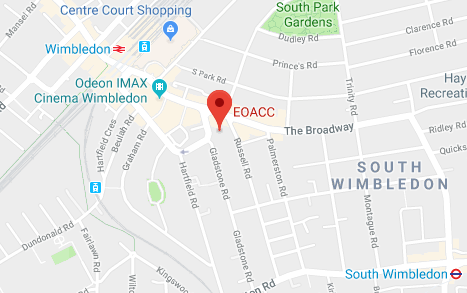What taxes are due and payable on salary payments?
There are three tax ‘types’ payable on salary payments (salary payments include sick leave, maternity or paternity pay and adoption pay) and they all work on a sliding scale. The more you earn, the more tax you pay.
* PAYE Tax: Employers deduct Pay As You Earn tax from wages or occupational pension before paying the wages to the employee.
* Employee National Insurance: Payable by the employee and deducted from weekly or monthly wages by the employer.
* Employer National Insurance: Employer’s need to pay employer National Insurance on wages. This is a tax that is payable by the employer. It does not get deducted from the employee’s Gross salary amount.
The HMRC uses tax codes to tell employers or pension providers what tax-free income a person is entitled to (if any) over a tax year and, as a result, how much tax should be taken off an employee’s income. This system of collecting tax is called PAYE (Pay As You Earn). As an employee, you need to understand and check your PAYE tax codes. The HMRC expects you to do this. If you don’t check your tax code, you could face an unexpected tax bill, be paying too much tax now, or miss out on refunds from earlier years. Please contact us if you need help checking if your tax code is correct.

